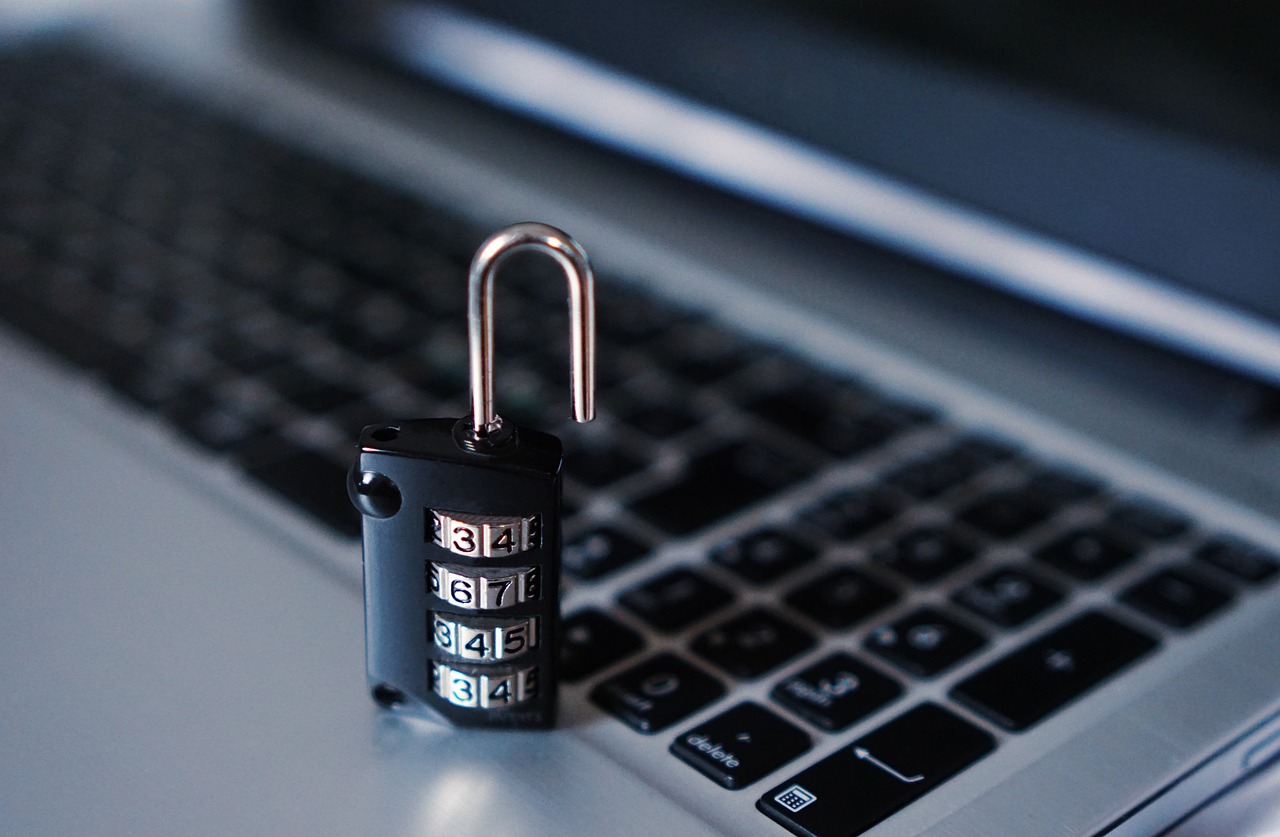
- Strong Passwords: One of the fundamental aspects of cybersecurity is using strong passwords. A strong password consists of a combination of upper and lowercase letters, numbers, and special characters. Avoid using common words or personal information that can be easily guessed.
- Two-Factor Authentication (2FA): Implementing 2FA adds an extra layer of security to your online accounts. It requires users to provide two forms of identification, typically a password and a unique code sent to their mobile device, before accessing an account.
- Regular Software Updates: Keeping your operating system, applications, and antivirus software up to date is crucial for cybersecurity. Developers release updates to address vulnerabilities and patch security holes, so regularly installing these updates is essential.
- Phishing Awareness: Phishing is a common cyber attack where attackers try to trick users into revealing sensitive information such as passwords or credit card details. Be cautious of suspicious emails, links, or attachments, and avoid providing personal information on unsecured websites.
- Secure Wi-Fi Networks: Ensure that your home and workplace Wi-Fi networks are protected with strong passwords. Also, avoid connecting to public Wi-Fi networks when handling sensitive information, as they are often unsecured and can be easily exploited.

- Use Firewall and Antivirus Software: Install reputable antivirus software and enable firewalls on your devices. These security measures help detect and prevent unauthorized access, malware infections, and other cyber threats.
- Regular Data Backups: Regularly backing up your important data is vital in case of a cyber attack or system failure. Use external hard drives, cloud storage, or backup services to ensure that your data remains secure and accessible.
- Educate Yourself: Stay informed about the latest cybersecurity threats and best practices. There are numerous online resources, blogs, and news outlets that provide valuable information to help you understand and mitigate potential risks.
- Secure Online Transactions: When making online purchases or entering sensitive information, ensure that the website has a secure connection. Look for the padlock symbol in the browser's address bar and "https://" in the URL, indicating that the connection is encrypted.
- Limit Personal Information Sharing: Be cautious about sharing personal information on social media platforms and other online platforms. Cybercriminals can use this information for identity theft or to craft targeted attacks. Limit the amount of personal information you share publicly.
.


Post a Comment